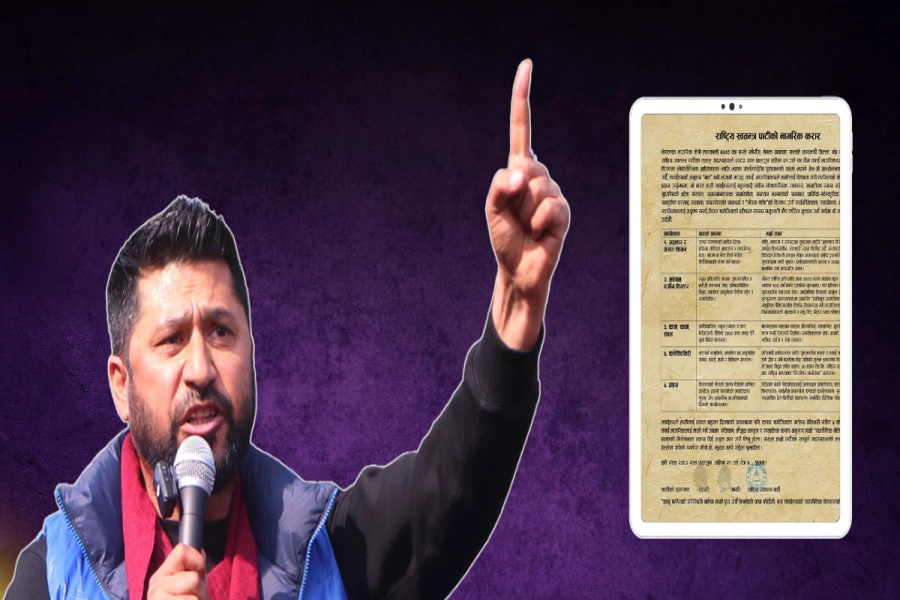CHITWAN, Sept 14: The buffer zone of Chitwan National Park (CNP) is considered very sensitive from the environmental point of view, and the construction of factories in the area is strongly discouraged. Not just that, local authorities are also strict in giving permission for the construction in the area of bridges, roads and other developmental infrastructure.
The purchase of land in Chitwan by state-owned Nepal Oil Corporation (NOC), which has become controversial due to financial irregularities, is also causing concern because the land lies in the buffer zone area. The oil supply monopoly has purchased over 23 bighas of land in the district for constructing its oil depots. This could have catastrophic consequences considering the sensitiveness of the location.
The procured land is near CNP’s forest areas. The Lothar and Rapti Rivers are also not far away. Due to these reasons, NOC has been facing a torrent of criticism from all corners. It has been criticized for purchasing land in an inappropriate location.
Problems of people in CNP buffer zone will be resolved: PM Daha...

Not only is the land at risk of flooding but construction of an oil depot there could jeopardize the rich biodiversity of the buffer zone.
NOC had paid up to five times the current market price in the purchase of lands in Chitwan, Sarlahi, Jhapa, and Nawalparasi districts. NOC chief Gopal Khadka has been accused of pocketing millions in illegal commissions from the multi-billion rupees land deal, in collaboration with local land dealers.
“There are special provisions for the construction of industrial and developmental infrastructures in buffer zone,” clarified Ram Chandra Kandel, chief conservation officer at CNP. “Those provisions must be fulfilled for the construction of infrastructure in the are,” he stressed.
According to locals, CNP has also prohibited the extraction of rocks and sand from the Lothar River as this could affect the river level to the detriment of nearby human settlements. As NOC is set on constructing huge infrastructure in the buffer zone, locals are curious how the national park authorities will react.
“If anybody wants to construct and operate factories, they have to undertake and environmental impact assessment (EIA). We’ll express our views during the EIA. But as of now, we have no idea how other stakeholders will react,” said conservation chief Kandel.
He further said that there are plenty of examples of big projects failing to kick off in the Chitwan-Nawalparasi area due to intervention from the national park.
CNP is listed as an UNESCO World Heritage site. It is a habitat for a wide variety of endangered wild life, including the one-horned rhino, tigers and numerous rare reptiles and birds.







































